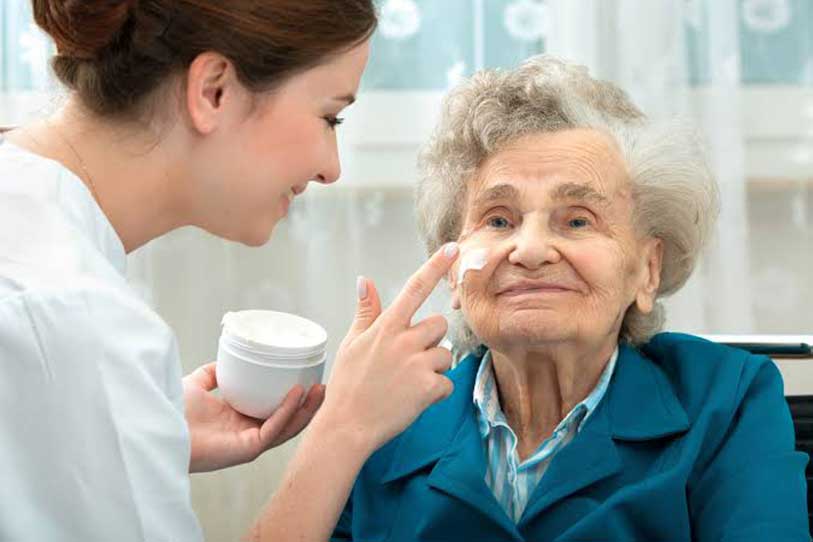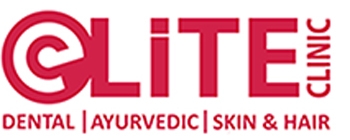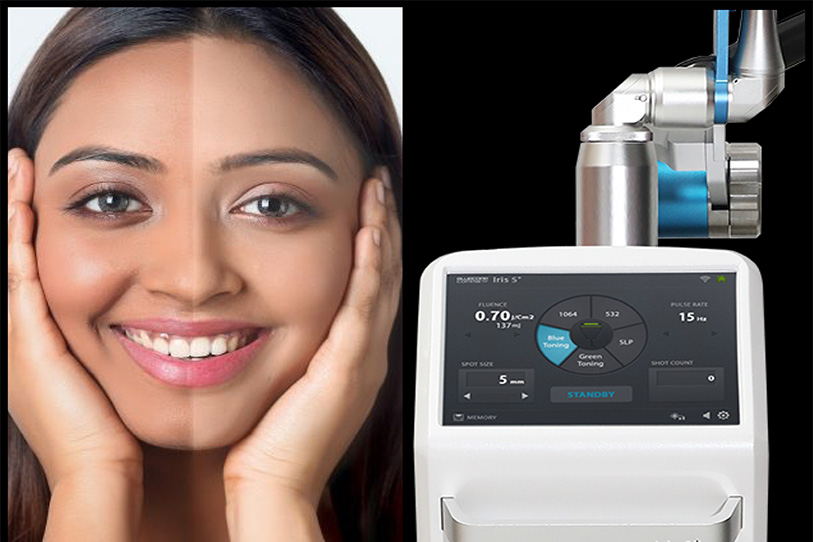
Geriatric Skin : Mirroring the Frailty of Aging
- Skin integrity is essential to the health and well-being of the elderly. Herein, skin cleansing practices assume importance as they contribute to maintenance and promotion of skin integrity.
- Importantly, skin cleansers have progressed from simply serving as cleaning agents for removal of sebum, dirt and dead cells to pharmacotherapeutic agents with moisturizing benefits.
- Since the elderly have an already compromised skin surface, gentle and lipid free cleaning agents seem appropriate for washing older skin
Cleansing the Geriatric Skin
- The daily skin care for the fragile geriatric skin aims to protect the skin barrier and maintain healthy cutaneous microflora.
- A gentle cleanser, ideally with an emollient is recommended for washing older skin.
- Avoid soap and water and take extreme care when washing or drying to avoid additional friction.
- The literature comparing cleansers to soap and water, which comprises mostly of clinical observation and expert panel sources, reports cleansers to have therapeutic, practical, and economic advantages especially when combined with an emollient.
- While certain dermatological conditions in the elderly require the skin to be cleaned more often, implementing skincare protocols that recommend using a cleanser with a neutral pH and a skin protectant can reduce the incidence of pressure ulcers and decrease healing time of the fragile geriatric skin.
- Additionally, cleansers using parabens as preservatives should be avoided in the elderly as they act as potential endocrine disruptors and carcinogens.
- Constituents like cetyl alcohol, stearyl alcohol, pentavitin and panthenol form key elements of the skin cleansing regimen in the elderly
Geriatric skin care essentials
Skin Cleansing
Skin Hydration
Irritant Protection
Daily Photoprotection
0







